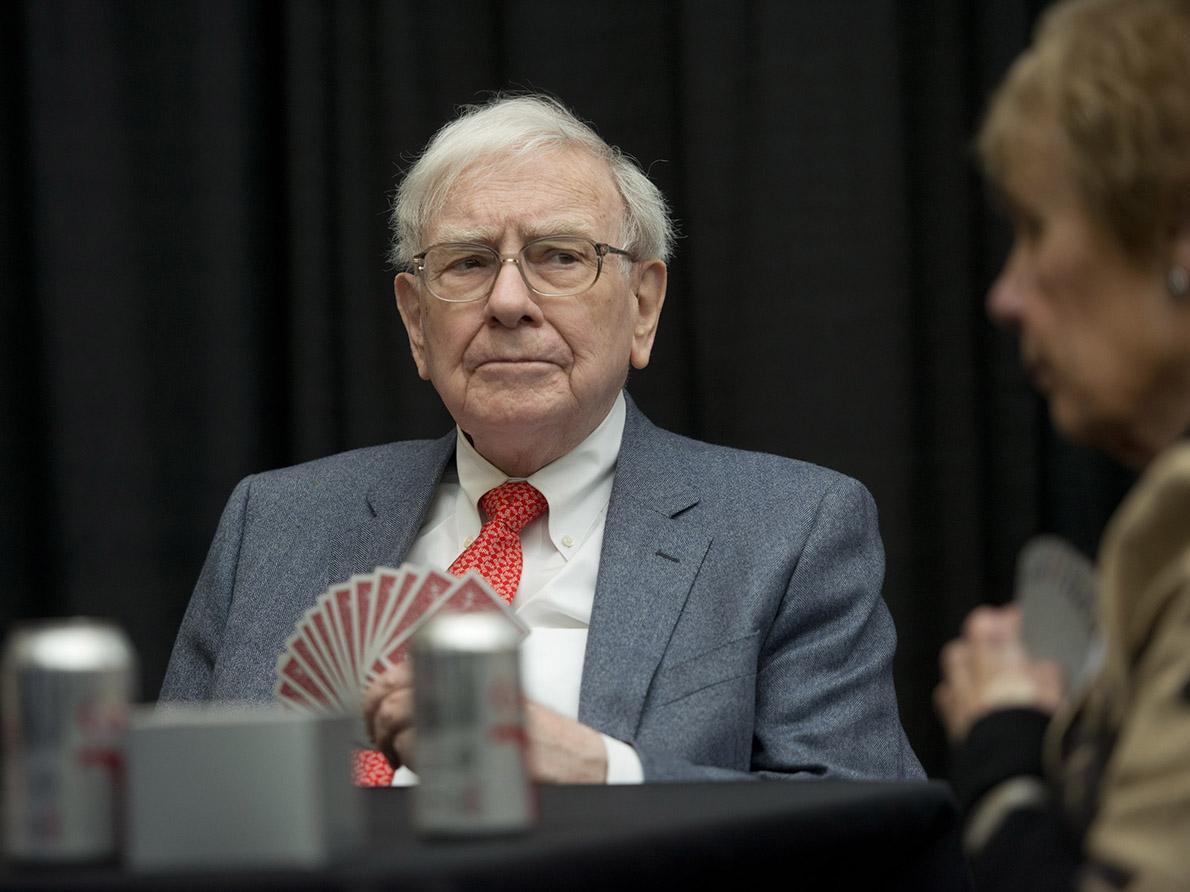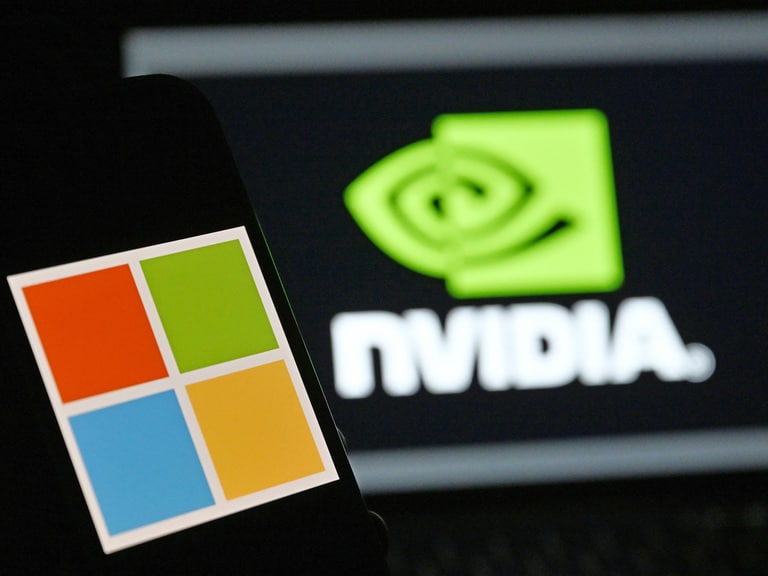Investors got to see what the ‘Oracle of Omaha’ Warren Buffett had picked up from his BRK fund when Berkshire Hathaway [BRK] released their 13F filings on 14 November.
There’s been speculation that Buffett has lost his touch, but he should never be underestimated. What he buys, sells and the rationale (as far as we can tell) behind each decision should not be ignored.
What Warren Buffett bought
Occidental Petroleum
Berkshire Hathaway picked up 0.15% of Occidental Petroleum [OXY] for between $42 and $53. This is well above Occidental Petroleum's current share price of $38.86.
Occidental has been in cost-cutting mode side its acquisition of Anadarko Petroleum. In Q3, the oil producer saw a loss of $912m, or $1.08 a share.
Buffett might be hoping that the oil producer’s strategy to deliver more free cash to investors pays off. Occidental's share price has dropped by a quarter since May.
RH Inc.
RH's [RH] share price surged 7.6% on news that Buffett had invested in the furniture chain. Buffett now owns $206.3 million in stock, making Berkshire Hathaway the fourth biggest investor.
Since the start of the year, RH's share price is up 74.4% following a rebrand and introduction of a membership model. Buffett seems to be betting that these gains will continue.
What Buffett sold
Apple
Berkshire Hathaway trimmed its holdings of Apple [AAPL] stocks by 750,650. Still, Berkshire is the second-largest shareholder in Apple - Vanguard is the biggest.
Despite cutting its position, the value of Berkshire's holding actually increased. Apple's stock increased 13% over the last quarter, increasing the value of Berkshire's stock by over $6 billion, to $55.73 billion.
Wells Fargo
Wells Fargo [WFC] is Berkshire Hathaway’s fourth-biggest stake. But over the last two quarters, Buffett has sold roughly 8% of its position for between $43 and $52, taking its stake in Wells Fargo from $409.8 million to $378.4 million.
Traders might not want to read too much into why Buffett has trimmed his position. In the past, he has sold Wells Fargo stock to keep his stake below 10%. Doing this heads-off the legal headaches that come with owning a sizable stake in any bank.
What Buffett kept
Stocks Berkshire Hathaway maintained positions in include Bank of America [BAC], Goldman Sachs [GS], Bank of New York Mellon [BK], JPMorgan [JPM] and Kraft-Heinz [KHC].
Looking at Berkshire’s Kraft-Heinz holdings, it’s tempting to second-guess Buffett. A number of analysts have questioned whether the seasoned investor is losing his Midas touch. According to CNBC, the dire performance of Kraft-Heinz has led to a drop in total returns of 23% this year for Berkshire.
Still, there may be some hope for the stock. Kraft-Heinz’s share price soared 11.8% in early trading last month when it released Q3 numbers. But with Kraft-Heinz’s share price down 29.5% this year, and 60% over a 5 year time period, it’s difficult to read his mind on this one.
In November, Goldman Sachs downgraded their rating on the stock from Neutral to Sell. Among analysts, the stock carries an average 12-month price target of $31.14, which would represent a slight 1.9% gain on the current share price
Why Buffett holds banking stocks
Buffett, in recent times, has been increasing Berkshire’s exposure to banking stocks. Along with Bank of America, BNY and Wells Fargo, Berkshire has positions in JPMorgan Chase, Goldman Sachs, U.S. Bancorp and Bank of New York.
This represents a bet that the overall economy is about to go up, as investors tend to shy away from banking stocks in a downturn.
Stephen Biggar, director of financial institutions research at Argus Research, told Fortune magazine:
“I think it’s as much a bet on the elongation of the economic upturn here that we’ve had—clearly you wouldn’t be buying banks if you thought the economic cycle was about to turn down because that’s a particularly bad time for banks generally."
Click this link for a complete review of what all major hedge fund managers bought and sold in Q3
“I think it’s as much a bet on the elongation of the economic upturn here that we’ve had—clearly you wouldn’t be buying banks if you thought the economic cycle was about to turn down because that’s a particularly bad time for banks generally” - Stephen Biggar
Disclaimer Past performance is not a reliable indicator of future results.
CMC Markets is an execution-only service provider. The material (whether or not it states any opinions) is for general information purposes only, and does not take into account your personal circumstances or objectives. Nothing in this material is (or should be considered to be) financial, investment or other advice on which reliance should be placed. No opinion given in the material constitutes a recommendation by CMC Markets or the author that any particular investment, security, transaction or investment strategy is suitable for any specific person.
The material has not been prepared in accordance with legal requirements designed to promote the independence of investment research. Although we are not specifically prevented from dealing before providing this material, we do not seek to take advantage of the material prior to its dissemination.
CMC Markets does not endorse or offer opinion on the trading strategies used by the author. Their trading strategies do not guarantee any return and CMC Markets shall not be held responsible for any loss that you may incur, either directly or indirectly, arising from any investment based on any information contained herein.
*Tax treatment depends on individual circumstances and can change or may differ in a jurisdiction other than the UK.
Continue reading for FREE
- Includes free newsletter updates, unsubscribe anytime. Privacy policy





